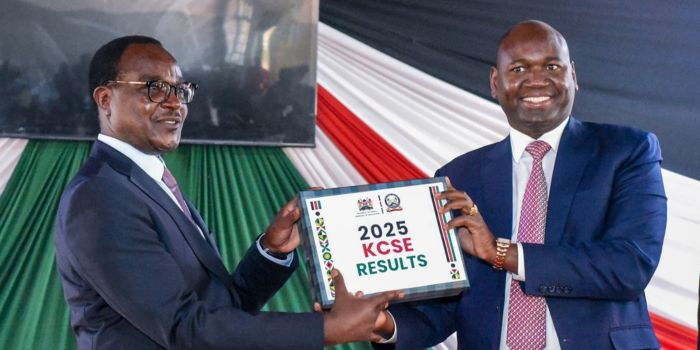Rédaction Africa Links 24 with Zimeye
Published on 2024-04-12 01:00:00
Hardliners within Zimbabwe’s ruling party Zanu PF, known as Varakashi, have made a surprising public plea to President Emmerson Mnangagwa to issue an apology to the citizens of Zimbabwe for what they perceive as a delayed assumption of the presidency. This unexpected request was detailed in a statement released by the Varakashi group operating a Facebook page called Operation Restore Legacy.
In their statement, Varakashi emphasized that President Mnangagwa should acknowledge and apologize for what they consider to be a belated ascension to power. They assert that if Mnangagwa had assumed office back in 2008, Zimbabwe would be comparable to a first-world nation today. This assertion implies a belief among some Zanu PF members that significant opportunities were missed due to the delay in leadership change.
The Varakashi representatives highlighted the potential impact of an earlier presidency on Zimbabwe’s development, suggesting that the nation’s trajectory could have been dramatically altered with different timing. This call for an apology raises questions about internal dissatisfaction or differing opinions within the ruling party regarding Mnangagwa’s leadership direction.
As of now, President Mnangagwa has not responded to the demand for an apology, leaving the political implications of this unexpected plea uncertain. The Varakashi statement serves as a reminder of the complexities within Zanu PF, indicating diverse perspectives and expectations even among core members of the ruling establishment.
The appeal from Varakashi for an apology adds a new dimension to Zimbabwe’s political discourse, sparking discussions about potential outcomes or shifts in political dynamics. It underscores the nuanced dynamics at play within the ruling party and the broader national sentiment concerning leadership and accountability.
The call for an apology from President Mnangagwa by Varakashi reflects the intricate power dynamics within Zanu PF and the country as a whole. It highlights the existence of differing viewpoints and expectations within the ruling establishment, adding a layer of complexity to the political landscape in Zimbabwe.
While it remains to be seen how this unexpected development will unfold, the call for an apology from President Mnangagwa has already stirred conversations about leadership and governance within Zimbabwe. Whether this call will lead to tangible changes or further divisions within the ruling party remains uncertain, but it undoubtedly sheds light on the internal dynamics and challenges facing Zimbabwe’s political elite.
Overall, the plea from Varakashi for an apology from President Mnangagwa signifies a growing sense of discontent and diverging perspectives within Zimbabwe’s ruling party, hinting at potential shifts in the country’s political direction.
Read the original article on The Zimbabwe Eye



